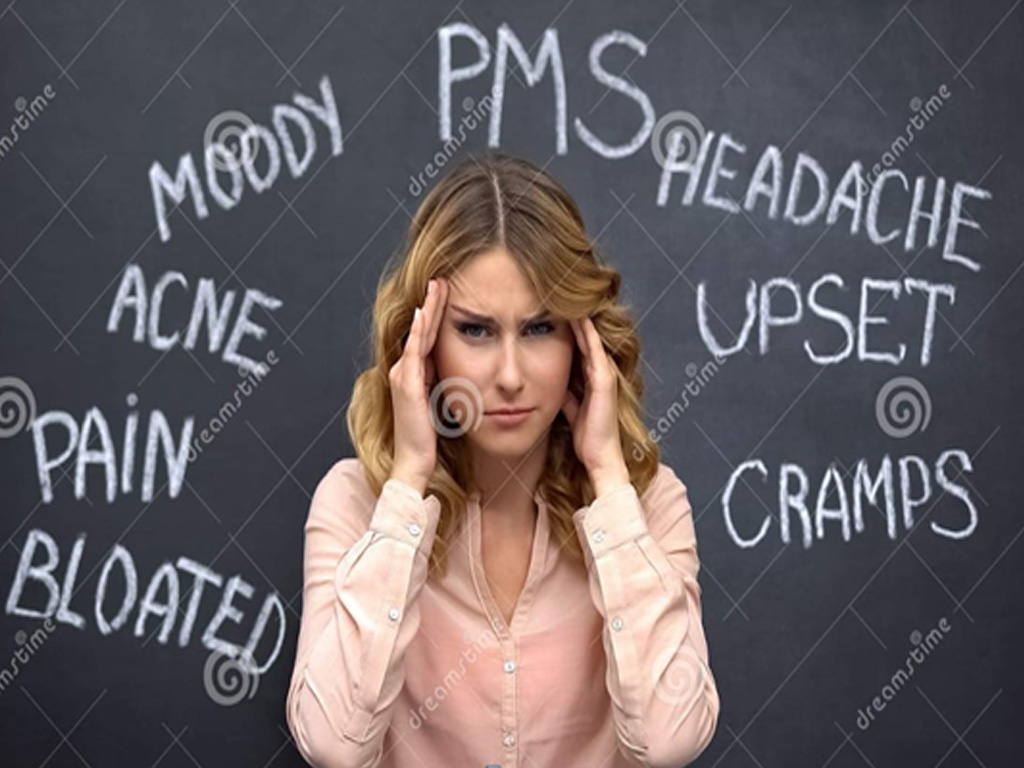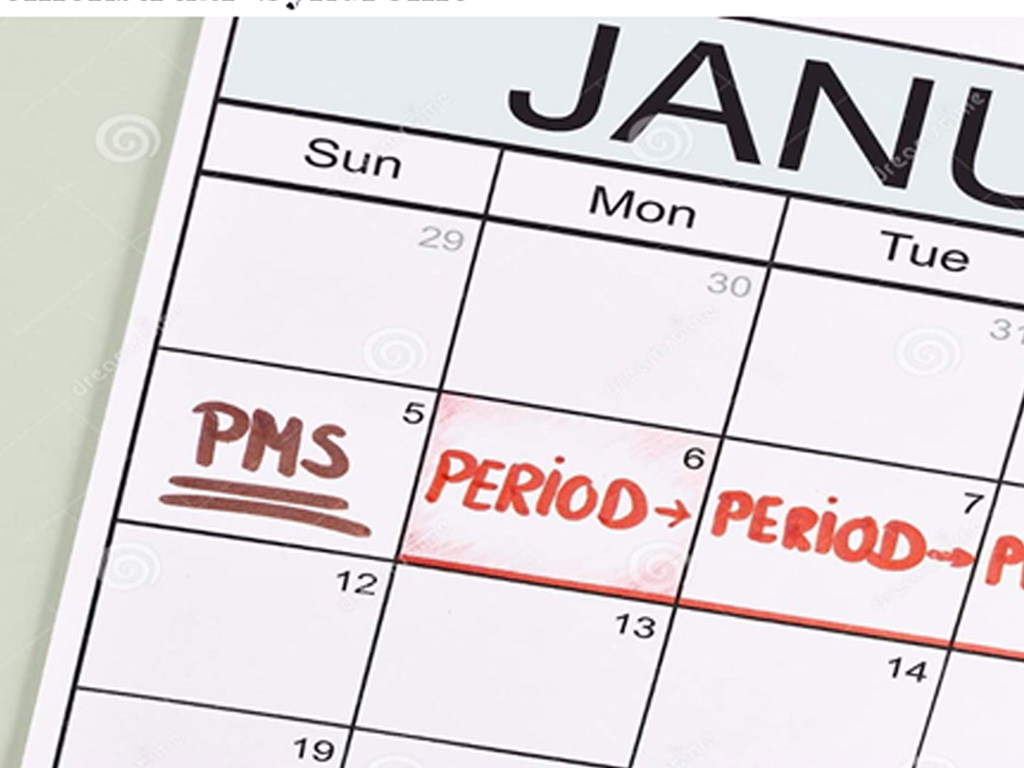Premenstrual Syndrome Symptoms and Causes
Premenstrual Syndrome is a set of physical, emotional, and behavioral symptoms which generally occur in women between ovulation and menstruation. It can never be considered a disease. On the contrary, PMS is something that ensues as naturally as menses.
What are the symptoms?

In most women, the symptoms and signs of PMS start around one or two weeks before the period and might disappear within three or four days of the onset of menstruation. And you can diagnose this condition by recognizing the physical, emotional, and behavioral changes that occur in your body during periods.
Physical signs of PMS include:
- Acne
- Headache Vertigo, Fainting
- Lower backaches
- Muscle spasms
- Breast tenderness
- Bloating
- Palpitations
- Vaginal discharge
- Cramps
- Constipation or diarrhea
- Allergies & Infections
Emotional and behavioral symptoms are:
- Mood swings like irritability, sorrow, anger, or crying
- Depression
- Social withdrawal
- Lack of concentration
- Tension or anxiety
- Insomnia (disturbed sleeping schedule)
- Hunger pangs
- Changes in libido
Causes of Premenstrual Syndrome

Even though nine out of ten women suffer from Premenstrual Syndrome, the actual cause is still unknown. However, experts state that the core reason for the symptoms might be the hormonal changes that occur in women during menstruation. Chemical changes in the brain, Existing mental health conditions are also a factor that causes PMS.
How is PMS diagnosed?
There are no unique physical findings or laboratory tests to diagnose premenstrual syndrome thoroughly. However, it can be understood by analyzing the changes that ensue during the menstruation days. If the symptoms of PMS predictably recur two or three times during the menstrual cycle, pay attention and record.
How to manage PMS
Although it’s not possible to cure, there are some ways to manage PMS that you can follow at home. It includes;
Exercise at least for 30 minutes
Practice meditation or deep relaxation techniques such as yoga, deep breathing, etc. to manage stress
Make a balanced diet with healthy foods such as whole grains, green leafy vegetables, fresh fruits, etc.
Regular sleeping habits
Avoid alcohol and caffeine
Quit smoking
When to see a doctor
PMS is never a disease but something that occurs naturally, like menstruation. Thus, the mild signs of PMS should not require treatment. But if it causes difficulty to manage or influences your daily routine, you should pursue immediate medical attention.
If Premenstrual Syndrome drives your life difficult, take advantage of our Gyneac services now.
